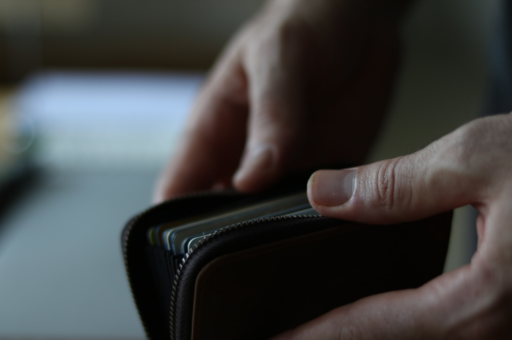
Sorting your superannuation
May 26, 2020
Compulsory superannuation has existed in Australia for almost three decades, so most women have some superannuation. However, women still retire with significantly less super than men, and often have this super distributed across multiple accounts. Some women may have never earned enough or been self-employed and not been able to accumulate much super.
It's easy to think that your super is of little help to you, but it's worth learning how super works, as even small super balances can make a big difference to your long term financial security.
Get to know your super fund and take advantage of the information and seminars your fund offers.
Accessing and using your super
The Australian Superannuation system is designed to provide income or supplement income in retirement. It works best if you contribute regularly throughout your working life. These are savings for retirement, not savings for other things.
Using super to buy your first home
If you're buying your first home, you may be able to access super contributions under the First Home Super Saver Scheme (FHSSS). The scheme allows you to make voluntary super contributions to your super account. You can then apply to access those contributions to buy your first home.
Eligibility criteria and savings limits apply.
Getting started
- Consolidate your contributions into one fund.
- Know your super balance
- Contribute regularly.
- Contribute sudden windfalls and unexpected extra money to your super fund.
- Avoid withdrawing lump sums.
Learn more
Canstar is a comparison site for banking, insurance and superannuation/investment products. This link provides useful information about how superannuation works in Australia.
The FHSS scheme allows you to save money for your first home inside your super fund. This will help first home buyers save faster with the concessional tax treatment of superannuation.
Australian Tax Office (ATO): Searching for Lost Super - If you have had a number of different employers, even for short-term jobs, you may have made contributions to various superannuation funds. From July 2019 a new law to protect your superannuation savings started: super providers are now required to pay inactive low-balance accounts to the ATO. The ATO will also be able to proactively reunite unclaimed super money held for you into one of your active super accounts.




